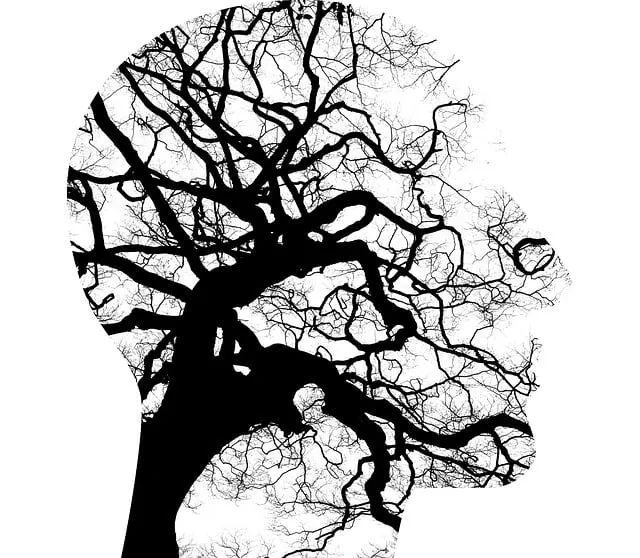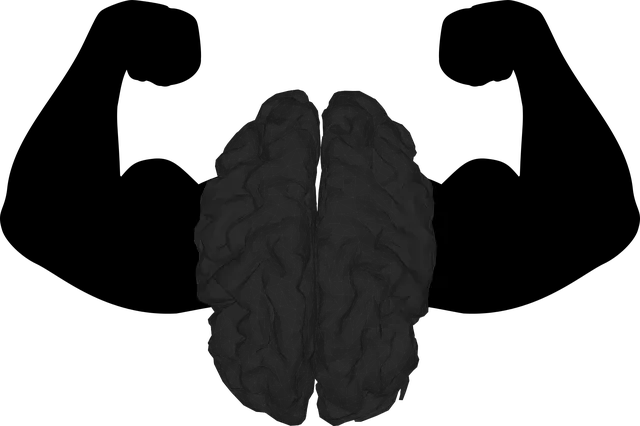Mental wellness groups facilitated by organizations like Longmont Kaiser Permanente behavioral health services provide powerful community resources, offering safe spaces for individuals with shared mental health experiences to connect and support one another. Trained facilitators guide members through activities and discussions, promoting inner strength development and teaching coping strategies. These groups enhance inclusivity and cultural competency among healthcare providers, cater to diverse needs, and employ evidence-based practices like mindfulness meditation and open dialogue to foster emotional well-being and lasting connections.
Mental wellness groups have emerged as a powerful tool for fostering community, support, and healing. This article explores the art of group facilitation, drawing insights from experts like Longmont Kaiser Permanente Behavioral Health Services. We delve into the benefits of collective therapy, different types of mental wellness groups, and effective techniques for facilitators. By combining evidence-based practices with client-centered care, organizations like Longmont Kaiser Permanente are revolutionizing mental health support, offering a unique approach to group facilitation that proves invaluable in today’s digital era.
- Understanding Mental Wellness Groups
- – Definition and benefits of group facilitation
- – Types of mental wellness groups
- Effective Facilitation Techniques
Understanding Mental Wellness Groups

Mental wellness groups play a pivotal role in fostering community support and enhancing individual well-being, particularly through services offered by organizations like Longmont Kaiser Permanente behavioral health services. These group settings provide a safe and nurturing environment where individuals with shared experiences or challenges can connect, offering both comfort and encouragement. Facilitators, often trained professionals, guide these groups, helping members navigate their mental health journeys.
The concept behind such groups is not merely therapeutic but also promotes a sense of belonging and inner strength development. By participating in community outreach program implementations and engaging with peers, individuals can gain valuable insights, learn coping strategies, and build resilience. Moreover, healthcare provider cultural competency training is essential to ensure facilitators are equipped to address diverse needs, creating an inclusive space for all group members.
– Definition and benefits of group facilitation

Group facilitation is a powerful tool within the realm of mental wellness, offering a supportive and collaborative environment for individuals to navigate their emotional journeys. It involves guiding a group of people through a series of activities and discussions aimed at enhancing self-awareness, fostering open communication, and promoting healing. This technique has gained prominence, especially in healthcare settings, such as those provided by Longmont Kaiser Permanente behavioral health services. By facilitating groups, mental health professionals create a safe space where members can share experiences, gain different perspectives, and build a sense of community, all of which contribute to improved mental wellness.
The benefits are multifaceted. Firstly, it encourages active participation in one’s healing process, empowering individuals to take charge of their mental well-being. This collaborative approach not only complements traditional therapy but also enhances the effectiveness of Burnout Prevention Strategies for Healthcare Providers. Through group interaction, members can learn valuable Communication Strategies and Stress Management techniques from peers, fostering a supportive network that extends beyond individual sessions. Moreover, group facilitation allows for a sense of belonging, reducing feelings of isolation often associated with mental health struggles.
– Types of mental wellness groups

Mental wellness groups play a pivotal role in supporting individuals navigating various challenges related to their psychological well-being. Offered by institutions like Longmont Kaiser Permanente behavioral health services, these groups cater to diverse needs. One common type is crisis intervention guidance groups, designed to provide immediate support and coping strategies during acute distress. Participants learn effective methods to manage intense emotions and navigate crisis scenarios.
Another popular format focuses on self-care routine development for better mental health. Here, facilitators guide individuals in identifying personal needs and creating sustainable self-care practices. This may include stress management techniques, mindfulness exercises, healthy lifestyle habits, and building resilience for daily challenges. Additionally, groups centered around confidence boosting aim to empower members by fostering a sense of self-worth, encouraging positive thinking, and providing opportunities for skill-building activities.
Effective Facilitation Techniques

Effective facilitation techniques are pivotal for fostering a supportive environment in mental wellness groups, particularly within the context of Longmont Kaiser Permanente behavioral health services. Skilled facilitators play a crucial role in guiding participants through activities aimed at enhancing well-being. One powerful tool is incorporating mindfulness meditation practices, which have been shown to significantly reduce anxiety relief and improve overall stress management. By encouraging active participation, facilitators create a safe space for individuals to share their experiences and learn from one another.
Additionally, techniques that promote open dialogue and emotional expression are essential. This may involve setting clear guidelines, modeling positive behaviors, and using reflective listening skills. These strategies encourage group members to explore and express their feelings, fostering a sense of community. Incorporating evidence-based practices like these ensures that participants not only gain valuable tools for managing mental health but also develop lasting connections within the group setting.
Mental wellness group facilitation offers a powerful tool for improving mental health, as evidenced by the success of programs like those provided by Longmont Kaiser Permanente behavioral health services. By fostering a supportive community, group facilitators can enhance individuals’ coping strategies and promote healing through shared experiences. Understanding different group types and employing effective techniques, such as active listening and structured activities, enables facilitators to create a safe space where members feel valued and empowered. These practices contribute to positive outcomes, making mental wellness groups an invaluable resource for those seeking support and personal growth.






